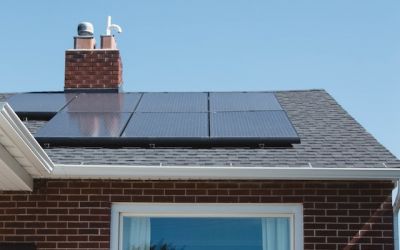How a football stadium offers the perfect business case for energy storage
The Cars Jeans Stadion in The Hague, Netherlands is about to commission a vast battery plant tied to electric vehicle charging stations, showcasing the versatile business opportunities that battery storage offers whilst facilitating the energy transition.

The Cars Jeans Stadion in The Hague, Netherlands is about to commission a vast battery plant tied to electric vehicle charging stations, showcasing the versatile business opportunities that battery storage offers whilst facilitating the energy transition.
A new partnership between the municipality of The Hague, the Card Jeans Stadion- home of ADO Den Haag, and Dutch energy companies Scholt Energy Control and Alfen will bring to life the innovative project aimed at boosting renewable energy production and the integration of electric vehicles without destabilising the grid.
The batteries will store electricity produced by the stadium’s solar panels, to be used during night time. This means that the stadium will be 100 percent energy self-sufficient.
In addition, the stored energy will be used to charge electric vehicles through the installation of a charging hub comprised of 20 charge points fostering the deployment of emission-free vehicles across the city.
Ton Koning, Program Manager Air Quality at the municipality of The Hague, said: "Through this initiative, renewable energy can be used locally for the electric vehicle charging hub. We hope this will further stimulate the use of electric vehicles and consequently improve the air quality in our city”.
However, the use of the project goes much further. Sander Drissen from Scholt Energy explained how the project will work: “This project is truly unique in the combination of use cases. We will use the battery to store the oversupply of renewable energy generated during the day”.
“This energy can then be used in the evenings when it is most needed. In this way, we make optimal use of the generated renewable energy”.
“We will also smooth out the grid impact of a large number of electric vehicles that plug-in at the same location at the same time. And finally, when the stadium is not being used, we can use the storage system for energy trading to further improve our business case”, he added.
In a nutshell, the energy project represents a micrography of the smart energy grids of the future.
Andreas Plenk, Global Sales Director Energy Storage at Alfen, explained how integrating grid connections, EV charging equipment, and energy storage will play “an increasingly important role to incorporate the growing amount of renewables and electric vehicles, as these are causing an imbalance on the electricity grid”.
The size of the battery has not been revealed, although the project is expected to start operating this January.






